Who, if anyone, rules the world? Answering a question like that requires grappling with both the character of international order and the global distribution of power—facets of political life that are related but should not be conflated. Two new...


Who, if anyone, rules the world? Answering a question like that requires grappling with both the character of international order and the global distribution of power—facets of political life that are related but should not be conflated. Two new...
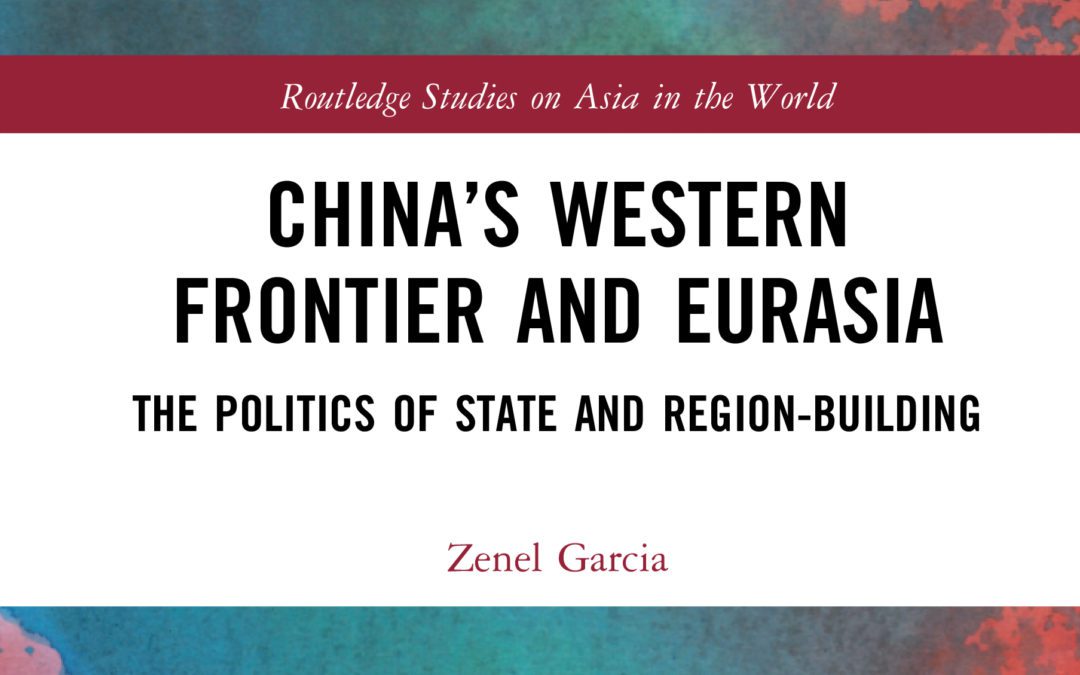
The Belt and Road Initiative (BRI) originated in provincial-level efforts that sought to simultaneously integrate interior and frontier provinces to the rest of China as well as neighboring countries during the 1990s.

The Biden administration just issued the government’s first ever anti-corruption strategy. The upshot: It’s needed. It’s analytically informed. It raises the prioritization of...
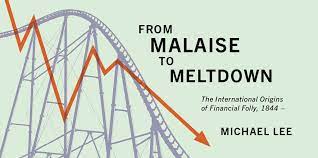
Financial hegemony brings with it substantial benefits, most notably reserve currency status. In order to successfully compete, rising powers need to lure financial institutions away from incumbent powers. They often try to make themselves more attractive to international finance by removing longstanding financial regulations.
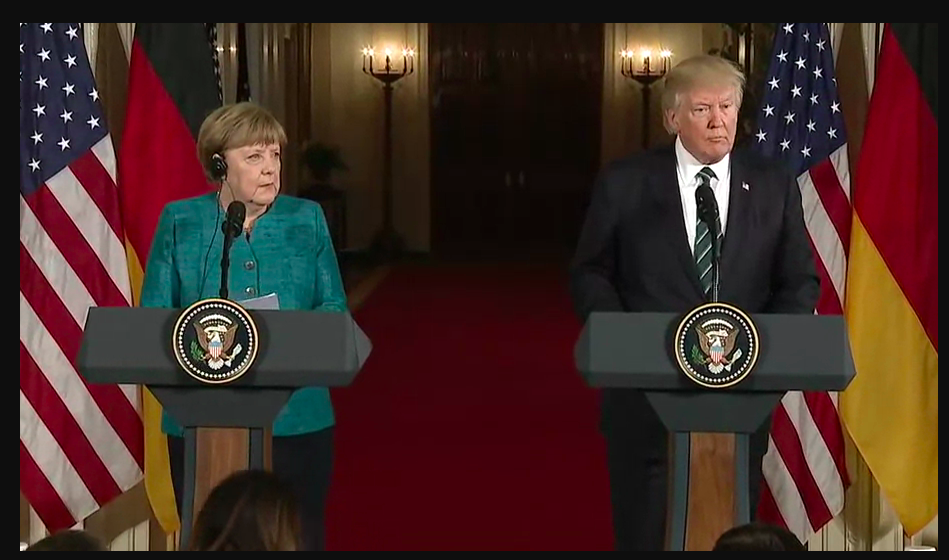
2017 was not a great year for international politics. The sentence I heard the most during conferences and other academic gatherings was that “the global order is in crisis.” Granted. It all started in 2016 with the victory of Trump, Brexit and the No to the Peace Agreement in Colombia. Nationalist ideologies have nothing but grown in 2017, when the victories of Marine Le Pen in France and of Geert Wilders in the Netherlands all of a sudden seemed plausible. Luckily, they did not materialise. We also had auto-proclaimed nations that demanded independence, such as Catalonia or Kurdistan. To...

Earlier this year, I wrote a piece for Duck regarding “declinist” arguments about liberal world order under Trump. I don’t think these arguments are going away, and in fact—just this week—they are in the news, and on our blog/twitter feeds (including a great piece posted just last week here on Duck). I want to reiterate, and elaborate on some earlier points I have raised about these kinds of arguments. In the first place, they deserve reiterating and elaborating. In the second place, I just got back earlier this week from an illuminating conference at University College Dublin called “John...

This is a guest post from Seva Gunitsky, an associate professor at the Department of Political Science at the University of Toronto. His book Aftershocks: Great Powers and Domestic Reforms in the Twentieth Century was recently published by Princeton University Press. To understand the roots of the collusion, set aside Putin and follow the money. In the endless pursuit of the Russia-Trump collusion story, we sometimes forget a key element: this whole mess began with money, not with election interference. The connections between Trump and Russia were forged years ago, well before he developed...
Social media was abuzz last week with three big missteps by major corporations. Pepsi unveiled a failed television advertisement intended to render homage to the social protest movement in the U.S. but that instead trivialized the protests and appropriated their imagery for financial gain; the New York Times revealed allegations of sexual harassment against Fox host Bill O’Reilly and that the host and Fox paid out nearly $13 million to five women in exchange for their silence; and United airlines dragged a boarded passenger, David Dao, off a plane in order to allow its staff to catch a...
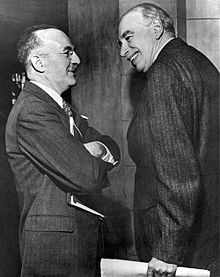
This World Politics in a Time of Populist Nationalism (WPTPN) guest post is written by Moonhawk Kim, who was an assistant professor of political science at the University of Colorado Boulder from 2007 to 2016. His research focused on the politics of international trade institutions. This post first appeared on his blog To Be Analyzed. Ruggie’s (1982) “embedded liberalism” provided the framework for understanding the nature of the domestic social contract underlying the post-World War II international economic arrangement for the last three-and-a-half decades. As an alternate to the...
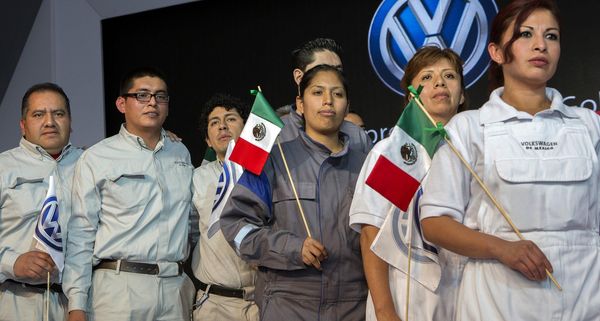
This World Politics in a Time of Populist Nationalism (WPTPN) guest post is written by Layna Mosley, Professor of Political Science at the University of North Carolina, Chapel Hill. She researches the political economy of multinational production, labor rights, and sovereign debt and can be found on Twitter @thwillow. President Trump’s first days in office have been marked by a continuation of his pledges to fundamentally remake US trade policy. On January 23, the website of the United States Trade Representative, the executive branch agency charged with negotiating and implementing US...
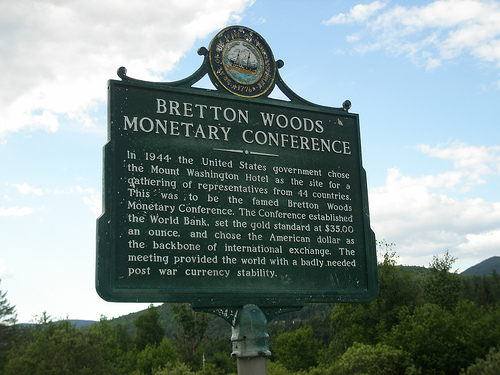
This World Politics in a Time of Populist Nationalism (WPTPN) guest post is written by Sean D. Ehrlich, an Associate Professor of Political Science at Florida State University who researches international and comparative political economy, trade policy, and democratic institutions. His first book, Access Points, was published by Oxford University Press in 2011 and he is currently finishing his second book, The Politics of Fair Trade, which is under contract with Oxford University Press. He can be reached on Twitter @SeanDEhrlich. Since the end of World War II the advanced industrial...
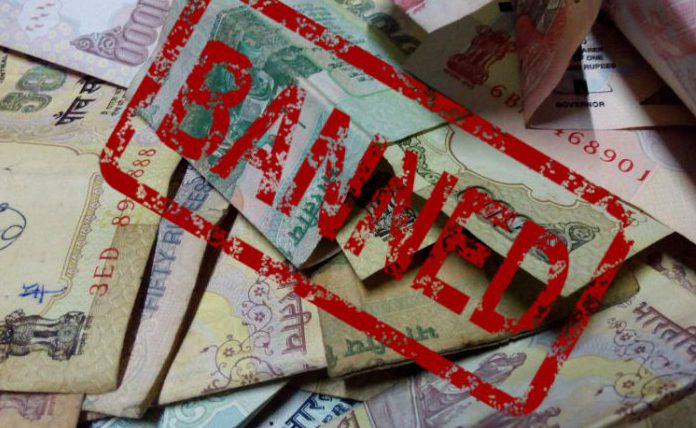
This World Politics in a Time of Populist Nationalism (WPTPN) guest post is written by Nikhil Kalyanpur, a PhD student in Government at Georgetown University. He researches business-government relations and the relationship between security and finance. While Donald Trump has naturally dominated headlines across the world this past month, his chauvinistic brother-in-arms Narenda Modi has been just as active. The boss from Gujarat is taking a page from today’s global autocratic elite – exploiting international liberal norms to further illiberal ends. The BJP’s dramatic demonetization...